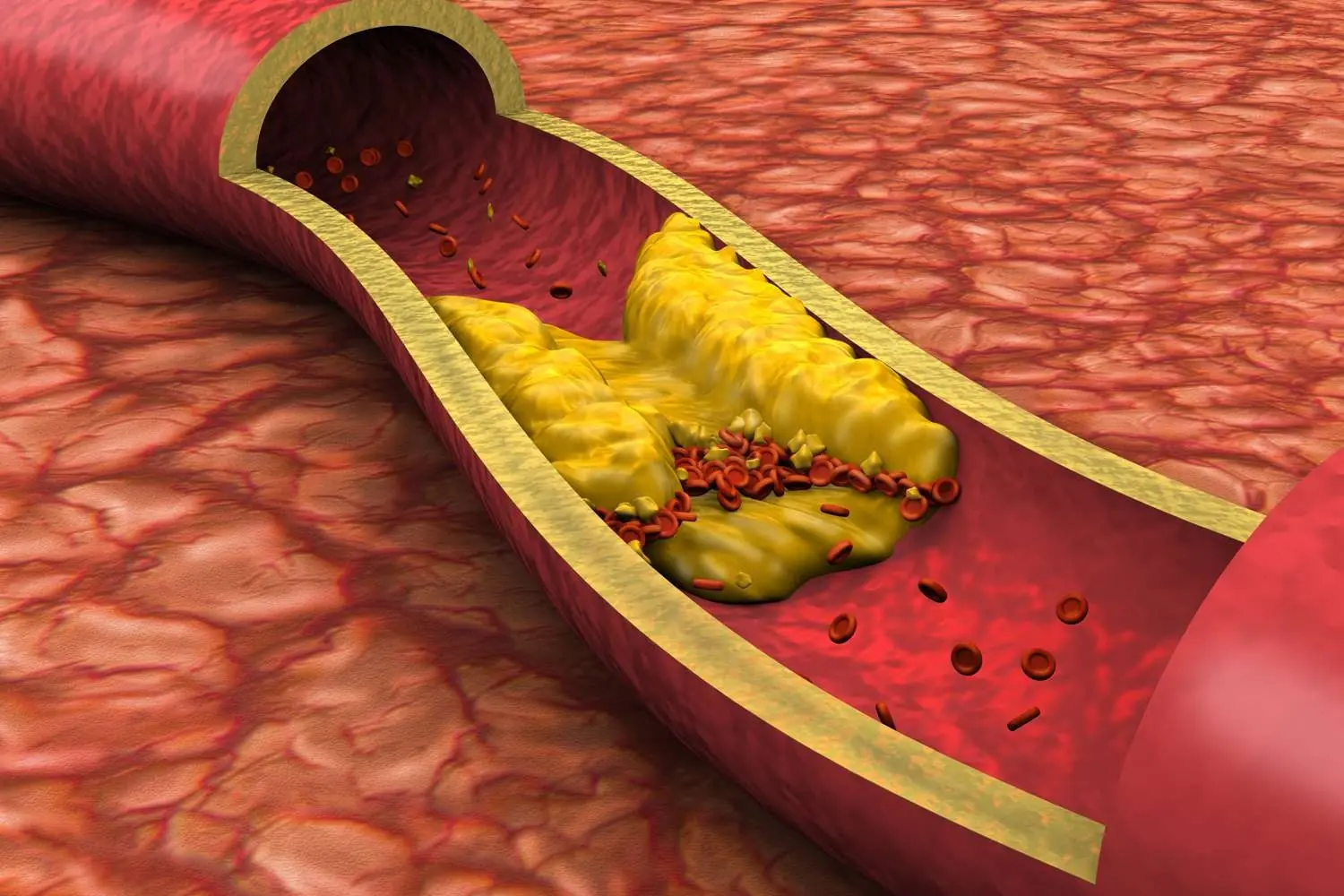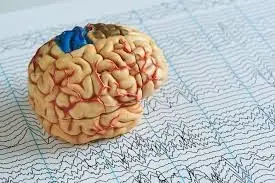
10 Warning Signs You’re Eating Too Much Sugar – Many People Ignore #5
Sugar is a common ingredient found in many foods and drinks that we consume daily. While a little sugar can satisfy our sweet cravings and provide energy, consuming too much sugar can have harmful effects on our health. Unfortunately, many people overlook the early warning signs of excessive sugar intake, which can lead to serious health problems if ignored. In this essay, we will explore ten warning signs that indicate you might be eating too much sugar, and why it is important to pay attention to these signals.
1. Frequent Fatigue and Low Energy
One of the first signs of eating too much sugar is feeling tired or lethargic, especially after meals. Sugar causes a rapid spike in blood glucose levels, followed by a quick drop, leading to an energy crash. This rollercoaster effect can leave you feeling constantly drained and sluggish.
2. Increased Cravings for Sweet Foods
Eating a lot of sugar can create a vicious cycle of cravings. The more sugar you consume, the more your body demands it. This happens because sugar stimulates the release of dopamine in the brain, making you want to eat more to experience that same pleasure again.
3. Weight Gain and Difficulty Losing Weight
Excess sugar consumption is strongly linked to weight gain. Sugary foods and drinks are high in empty calories that do not provide lasting fullness. Moreover, too much sugar can lead to insulin resistance, making it harder for your body to burn fat effectively.
4. Skin Problems Like Acne and Premature Aging
High sugar intake can cause inflammation and hormonal imbalances, which often result in skin issues such as acne and premature wrinkles. Sugar can also damage collagen and elastin, the proteins that keep your skin firm and youthful.
5. Frequent Urination and Increased Thirst
This is a warning sign that many people ignore. Eating too much sugar can cause high blood sugar levels, making your kidneys work harder to filter the excess sugar. As a result, you may urinate more often and feel unusually thirsty, which can be early symptoms of diabetes.
6. Mood Swings and Anxiety
Sugar affects your brain chemistry and can lead to mood swings, irritability, and anxiety. The quick rise and fall in blood sugar levels can cause your emotions to become unstable, affecting your mental well-being.
7. Poor Dental Health
Consuming a lot of sugar increases the risk of cavities and tooth decay. Sugar feeds harmful bacteria in the mouth, which produce acids that erode tooth enamel and cause gum disease.
8. Digestive Problems
Too much sugar can disrupt the balance of healthy bacteria in your gut, leading to digestive issues such as bloating, gas, and constipation. Over time, this imbalance can weaken your immune system.
9. Brain Fog and Difficulty Concentrating
High sugar intake can impair cognitive function and memory. The inflammation caused by excess sugar can interfere with brain signaling, resulting in difficulty focusing and mental fatigue.
10. Sleep Problems
Sugar can affect your sleep quality by causing fluctuations in blood sugar levels and disrupting your natural sleep-wake cycle. People who consume too much sugar often experience restless nights and trouble falling asleep.
Why Ignoring These Signs Is Dangerous
Ignoring these warning signs can lead to serious health conditions, including type 2 diabetes, heart disease, obesity, and metabolic syndrome. Excess sugar consumption can cause chronic inflammation and damage vital organs over time. By recognizing these early symptoms, you can take action to reduce your sugar intake and improve your overall health.
How to Reduce Sugar Consumption
To protect your health, start by reading nutrition labels and avoiding foods high in added sugars such as sodas, candies, pastries, and processed snacks. Choose natural sweeteners like honey or fruit when possible, and focus on a balanced diet rich in whole foods like vegetables, lean proteins, and whole grains. Drinking plenty of water, exercising regularly, and managing stress are also important steps to control sugar cravings and maintain healthy blood sugar levels.
Conclusion
Sugar is a hidden danger in many diets today, and its overconsumption can cause numerous health problems. By paying attention to the ten warning signs discussed above—especially frequent urination and increased thirst, which many people ignore—you can identify if you are eating too much sugar. Making conscious changes to your diet and lifestyle will not only reduce your risk of disease but also help you feel more energetic, clear-minded, and healthy in the long run.
News in the same category


Get Rid of Throat Mucus Faster With These Simple Natural Treatments That Work

Scientists Have Discovered Hidden Brain Patterns That May Predict Your Intelligence

One Vitamin That Could Transform Your Circulation

Why Cold Showers on Hot Summer Nights May Keep You Awake

Lesser-Known Menopause Symptoms

Signs Your Cortisol Is Dangerously High

He Never Drank Alcohol but Died of Liver Failure: Doctors Reveal 4 Common Foods That Quietly Destroy the Liver
A man who stayed away from alcohol his entire life shocked his family when he was diagnosed with liver failure and passed away at just 55 years old. Doctors warn that alcohol is not the only enemy of the liver—certain everyday foods can be just as destr

Vitamin D Overdose: When Good Intentions Turn Toxic
Vitamin D is often celebrated as the “sunshine vitamin,” vital for bone strength, immune health, and even protection against certain chronic diseases. But while moderate amounts are essential, excessive or unsupervised intake can be toxic—and in som

6 Types of Pain You Shouldn’t Ignore
Occasional mild discomfort may not require urgent care, but sudden, unexplained, or severe pain always deserves medical attention.

Scrolling on the Toilet? Experts Warn It Could Trigger Painful Hemorrhoids
For many, the bathroom has become more than a necessity—it’s a private escape, a brief pause in the day, and for some, even a mini reading lounge. But researchers warn that lingering too long with your smartphone on the toilet may quietly be raising y

Stroke Rates Soar Among US Adults: Experts Warn of Alarming Trend
The burden of stroke in the United States has climbed sharply over the past three decades, with millions now living with its long-term effects. While medical progress has reduced mortality rates, the overall number of cases continues to rise—especially

Beetroot Juice’s Nitrate Effect: A Natural Way to Support Heart Health
Beetroot juice isn’t just a vibrant superfood—it may hold the key to naturally lowering blood pressure, especially for older adults. A new study shows how the nitrates in this root vegetable can transform cardiovascular health and reshape the body’s

Your unexplained fatigue and bloating could be intestinal parasites feeding off you right now

Mix Bananas, Honey and Water: Cough and Bronchitis Will Disappear

Forget 10,000 steps: Scientists prove 7000 steps gives you ‘almost identical’ life-saving benefits

What Is Sleep Talking?

Farting Too Much at Night: Here’s What It Might Mean

What Foamy Urine Might Be Trying to Tell You
News Post

Tips for self-defense when encountering ferocious or loose dogs.

Go to the market and see that pork has these 4 characteristics

Clogged Arteries Mean Poor Blood Circulation and Risks of Heart Attacks. Here is How You Can Clean Your Arteries from Plaque

Get Rid of Throat Mucus Faster With These Simple Natural Treatments That Work

Scientists Have Discovered Hidden Brain Patterns That May Predict Your Intelligence

Cactus and little-known medicinal remedies

Put an empty plastic bottle in the washing machine, I admit the person who came up with this trick has a "top notch" IQ

MAHA Chief Medical Advisor Dr. Aseem Malhotra Just Declared That No One Should Have Ever Taken the COVID mRNA Vaccines.

New mRNA Shot Turns Immune Cells Into Cancer-Killers Directly Inside the Body, Study Finds

One Vitamin That Could Transform Your Circulation

Why Cold Showers on Hot Summer Nights May Keep You Awake

Lesser-Known Menopause Symptoms

Signs Your Cortisol Is Dangerously High

Genius Laundry Hack: Why Putting an Empty Plastic Bottle in Your Washing Machine Can Save Time and Hassle
It may sound strange, but dropping a simple empty plastic bottle into your washing machine could completely change the way you do laundry. This clever trick not only prevents clothes from tangling but also improves the overall cleaning process, making you

How long should frozen meat be thrown away? Here's the answer.

Put a Roll of Toilet Paper in the Fridge Overnight: The Unexpected Hack That Saves Families a Fortune
A simple household item can become a powerful money-saving tool if you know how to use it wisely. Believe it or not, placing a single roll of toilet paper inside your refrigerator overnight can help reduce odors, prevent frost buildup, and even cut down y

This is the reason why you should plant aloe vera in your home right away.

Groom-To-Be, 28, Dies of Acute Liver Failure After Eating Chicken: Doctors Urge the Public to Beware of This Hidden Danger
The tragic story of a young man in China who was preparing for his wedding but suddenly died from acute liver failure after food poisoning has shocked the nation. Experts warn that improper food handling and consumption of spoiled or contaminated food can

He Never Drank Alcohol but Died of Liver Failure: Doctors Reveal 4 Common Foods That Quietly Destroy the Liver
A man who stayed away from alcohol his entire life shocked his family when he was diagnosed with liver failure and passed away at just 55 years old. Doctors warn that alcohol is not the only enemy of the liver—certain everyday foods can be just as destr